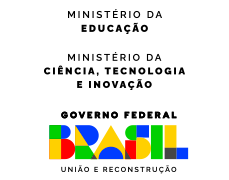Seminários
PRÓXIMOS
Invariant divisors and equivariant line bundles
Resumo: For a Lie algebra g of holomorphic vector fields on a complex manifold M, any holomorphic g-invariant hypersurface is given in terms of a g-invariant divisor. This generalizes the classical notion of scalar relative g-invariant (M is assumed neither compact nor g-complete; g may be infinite-dimensional). Any g-invariant divisor gives rise to a g-equivariant line bundle, and therefore we define and investigate the group Pic(g,M) of g-equivariant line bundles over M. We give a cohomological description of Pic(g,M) in terms of a double complex interpolating the Chevalley-Eilenberg complex for g with the Čech complex of the sheaf of holomorphic functions on M. We also obtain results about polynomial divisors on affine bundles and jet bundles. This has applications to the theory of differential invariants. Those were actively studied in relation to invariant differential equations, but the description of multipliers (or weights) of relative differential invariants was an open problem. We derive a characterization of them with our general theory. Examples, including projective geometry of curves and second-order ODEs, not only illustrate the developed machinery, but also rigorously justify some classical computations. This is a joint work with Eivind Schneider.


